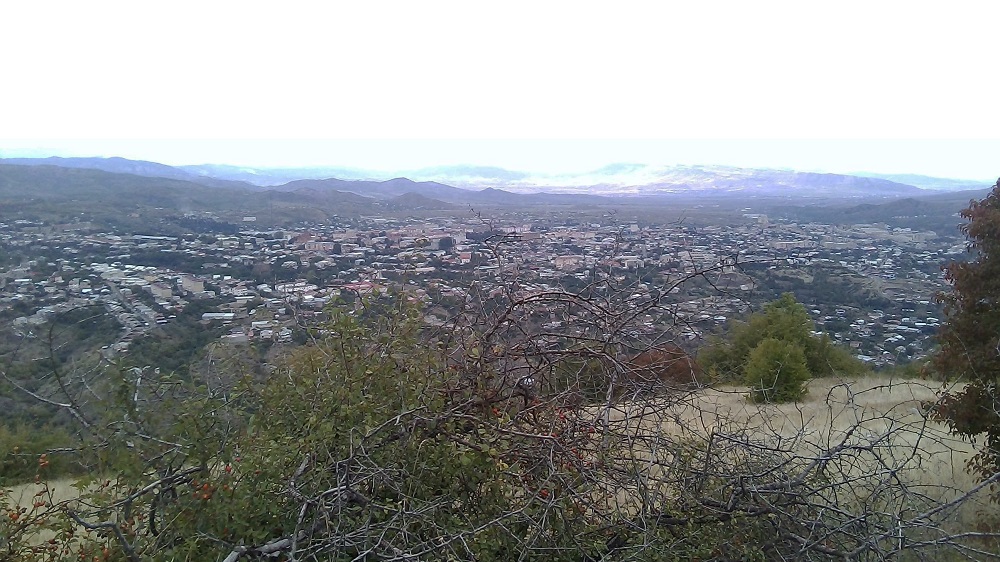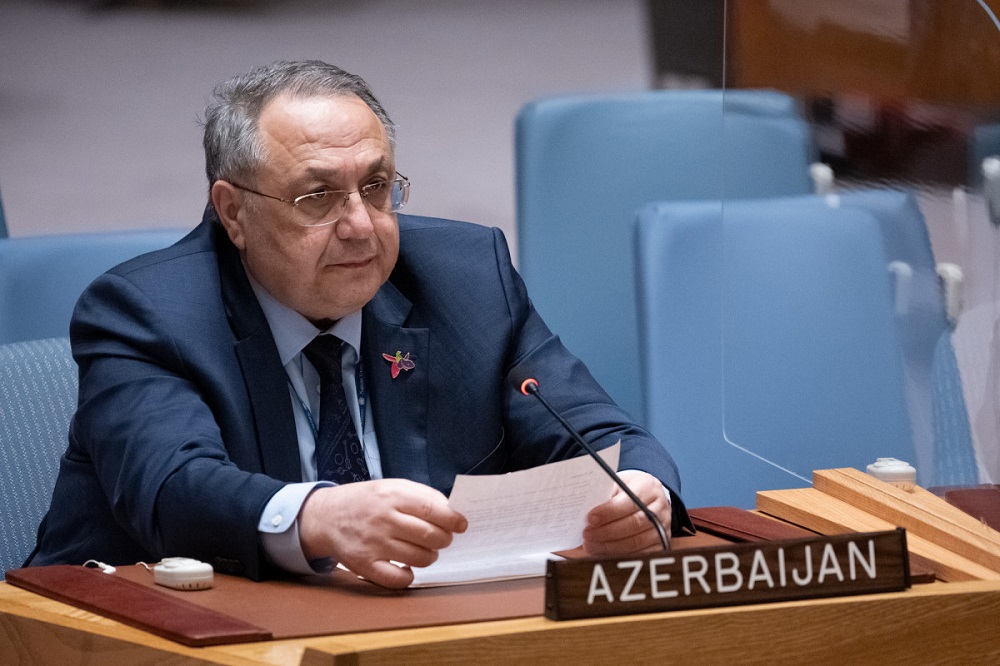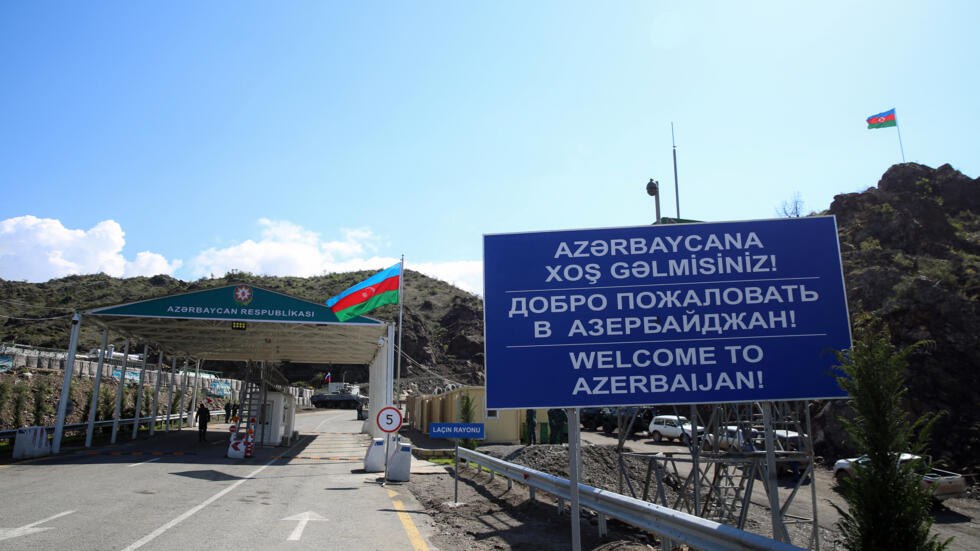"Mostly Russian citizens and students of Armenian descent are leaving Karabakh." Comments from Baku
Armenians leaving Karabakh
Over the past few days, there has been an increase in the number of people crossing the Lachin border crossing with Armenia. The Azerbaijani government-controlled media broadcast reports from the Azerbaijani border with Armenia every day, and interviews people passing through the checkpoint.
- EFJ demands an independent investigation into the crisis in the Azerbaijani editorial office of Radio Liberty
- Six Ukrainians living on the Georgian-Russian border for a week: Georgia won’t let them in, they are afraid to go to Russia
- “Baku intends to allow only the exit of people from Nagorno-Karabakh” – Pashinyan
Public Television of Azerbaijan (ITV) reported that over 300 people have left Karabakh for Armenia in the last 3-4 days. It is said that those crossing the border have Russian passports and most of them are young people and minors.
“In addition to those who crossed the border themselves, people from Karabakh, including sick people, were brought to Armenia in the vehicles of the International Committee of the Red Cross.”
Armenian Prime Minister Nikol Pashinyan blamed official Baku at a government session a few days ago and said that the border is open only for those leaving, resulting in hundreds of Armenians leaving Karabakh every day. Pashinyan explains what happened by “pressure from Azerbaijan”.
In a statement to Meydan TV, former Azerbaijani Foreign Minister Tofig Zulfugarov did not consider what Pashinyan said to be true.
The former minister suggests that most of the people who have left Karabakh in recent days were students: “This is not resettlement.”
Tofig Zulfugarov connects what is happening with the internal situation in the part of Karabakh controlled by Russian peacekeepers:
“From the very beginning it was assumed that three groups would be formed in Karabakh, and this happened. One can see Vardanyan’s participation in the formation of the first group, his calls sound like a continuation of the war. The second group is those who are trying to formalize their property in various forms, still pondering whether to stay in the region or not. The third group wants to stay and live in Karabakh. A few months ago, President Ilham Aliyev said that Azerbaijan’s sovereignty should be restored”.
Zulfugarov noted that the Lachin crossing will have humanitarian significance:
“The Khankendi-Agdam road will be used for transportation of goods. Because the highway has been restored, and the railroad will start working soon”.
Conflictologist Arif Yunus also believes that the majority of those leaving are Russian citizens:
“They are mostly students or those who came for vacations and are now returning after obtaining a permit.”
According to him, it is necessary to obtain a permit to leave Karabakh:
“They are afraid to leave the territory without a permit.”
Arif Yunus also states that currently about 5,000 Armenians cannot return to Karabakh:
“The main pressure is exerted precisely through these 5,000 Armenians. But it is difficult to say in what form this pressure takes. It’s just that the Armenian Prime Minister’s speech was in this context. It is true that Nikol Pashinyan also adds 35 thousand Armenians who once lived in Shusha, Hadrut and the former Shahumyan region. This is a separate matter, but there are 5 thousand Karabakh Armenians living in Armenia now, who are afraid to return.
The arrest of Vagif Khachatryan had a great influence on the emergence of this fear. The second reason is the propaganda of the Russian peacekeepers. The Russians tell them that Azerbaijan has a plan: either you must leave Karabakh or they will arrest you all one by one, like Khachatryan. The information about Khachatryan was also given to Azerbaijan by the Russians. As a result, the Karabakh Armenians were afraid that they would be arrested upon their return.
According to lawyer Samed Rahimli, there is an ongoing debate about whether Nagorno-Karabakh is under blockade:
“The positions of Yerevan and Baku on the issue of releasing food and people differ. Armenians cite the humanitarian situation caused by the blockade as the main reason for their migration. But I cannot say whether in reality a humanitarian situation has arisen or not. It is difficult to give a clear assessment today, as this dispute between the sides has not been resolved.”
On April 23, 2023, Azerbaijan’s State Border Service reported that it had established a checkpoint on the border with Armenia, at the beginning of the Lachin-Khankendi (Stepanakert) road. On May 4, changes were made to the “Number of checkpoints on the state border of the Republic of Azerbaijan and the list of their locations”. The decision was signed by the prime minister





















